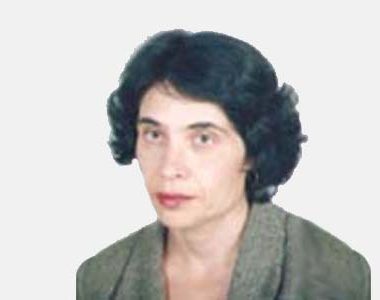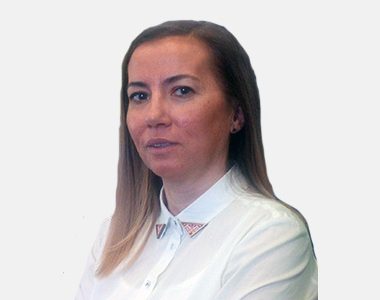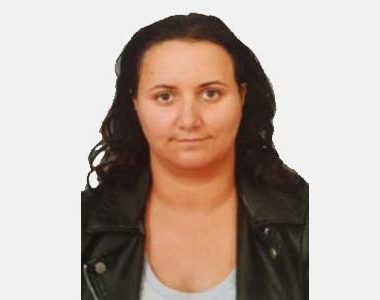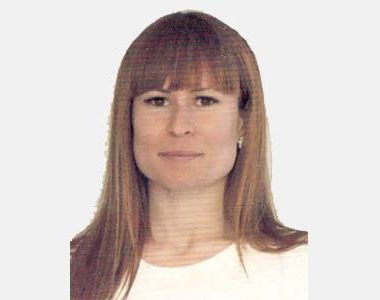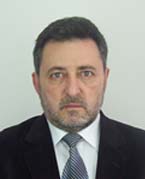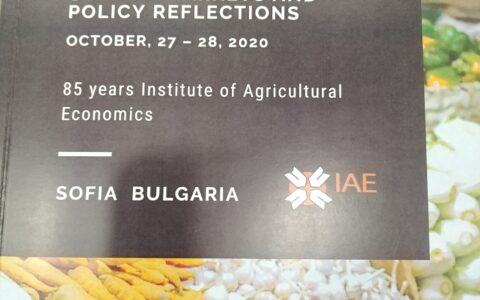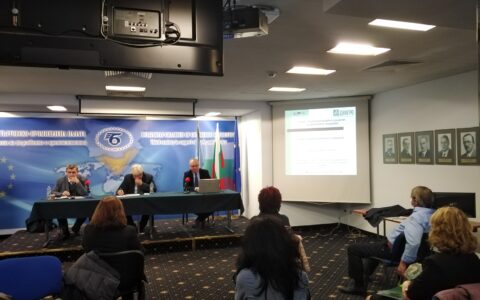“Theoretical models for development of digital agriculture” – DIAGRO
Donor: Scientific Researches Fund (SRF) – Bulgaria
Budget: 120 000 BGN
Duration: 3 years
Starting date: 18.12.2018
Digital agriculture is the result of the evolution of precision farming to related, knowledge-based agricultural production systems in agriculture. In the field of digital agriculture, the aim is to use all available information, knowledge and experience for the sustainable management of production processes. The implementation of the project will analyze the existing theoretical performances, provide scientific summaries on the substance and content of the category “Digital farming as a model for farm development”. A novelty in the theory will be the development of a methodological toolkit to assess the impact of introducing digital farming on farms.
The objectives of the project are: 1) development of theoretical foundations and methodological approach for introducing the digital agriculture; 2) developing the theoretical models for the development of digital farming: farms, food chains and circular economy; 3) popularizing the results of the conducted research.
To achieve the objectives, the following tasks are addressed:
- Based on a critical review of the scientific literature, a definition of the essence of the category of “digital farming” should be made;
- To develop and approve methodological tools to encourage the introduction of new information technologies on agricultural holdings;
- Identify the key factors of lasting importance on what digitization will bring to maintain environmentally friendly and competitive agriculture;
- To develop models for introducing innovative solutions for the long-term increase of the economic potential of the farms, acting through food chain cooperation initiatives;
- Appreciate the developed models for assessing the level of digitization in agricultural holdings for its realistic application;
- To develop methodological tools for reporting the effect of developed models on the level of economic and ecological development of farms;
- Conducting events to popularize the survey results.
The project activities are organized into six work packages: the WP1 deals with organization and management, the WP2 to WP6 refers to the tasks of the project.
The activities in the organization and management WP1 aimed to establish a system of good management of the project, as well as to ensure its successful realization and achievement of the objectives set.
The implementation of the WP2 will ensure the active involvement of stakeholders throughout the entire research process. The activities in the package will contribute to joint cooperation and expert verification in the development, research and analysis of the results obtained in the other work packages (WP 3, WP 4 and WP 5).
In parallel, the WP3 will provide the basic definition of “digital farming” and its problem structuring. On this basis, the process of collecting data to inventory the existing level of digitalization in agriculture will be focused. Also will be identified so called “hotspots”.
The WP4 will develop appropriate evaluation tools that will be used to measure the economic and social importance of digital agriculture. Their results will be discussed with stakeholders to verify their potential.
WP5 will develop practical hypotheses for the design of theoretical models identified as hotspots in the WP3. It will also develop scenarios together with stakeholders for its implementation.
During the project, specific social responsibilities will be selected taking into account the following areas: a) processing of land with different intensity (incl. fruits and vegetables), livestock; (b) Various scenarios relating to the technical and information provision of digital agriculture; (c) Identifying approaches to building synergies with stakeholders for the development of digital agriculture. The WP3 will serve as a survey to identify the needs for the introduction of digital agriculture and provide a basis for a more detailed study in WP4 and WP5.
The conclusions and the results of WP3, WP4 and WP5 will be included in WP6, which will ensure the visibility, transparency and awareness of the project’s success.
The implementation of the achieved results in practice will lead to solving a number of socio-economic issues and significant economic results in agriculture and rural areas, namely will:
- Provide a new framework for analysing and evaluating the impact of introducing the digitisation of different types of farms, the individual sectors of agriculture and regions of the country;
- Provide new tools to support the design of the farming strategy, organisational modernisation and collective action, as well as to improve public policy and forms of public intervention in the agricultural field;
- Allow for a more realistic prediction of the likely prospects for the development of farm structures by type, sector of agriculture and regions of the country in the specific conditions of the country’s membership in the EU;
- Help for building viable and more efficient farms, leading to sustainable rural development and increased farmers’ incomes.

























